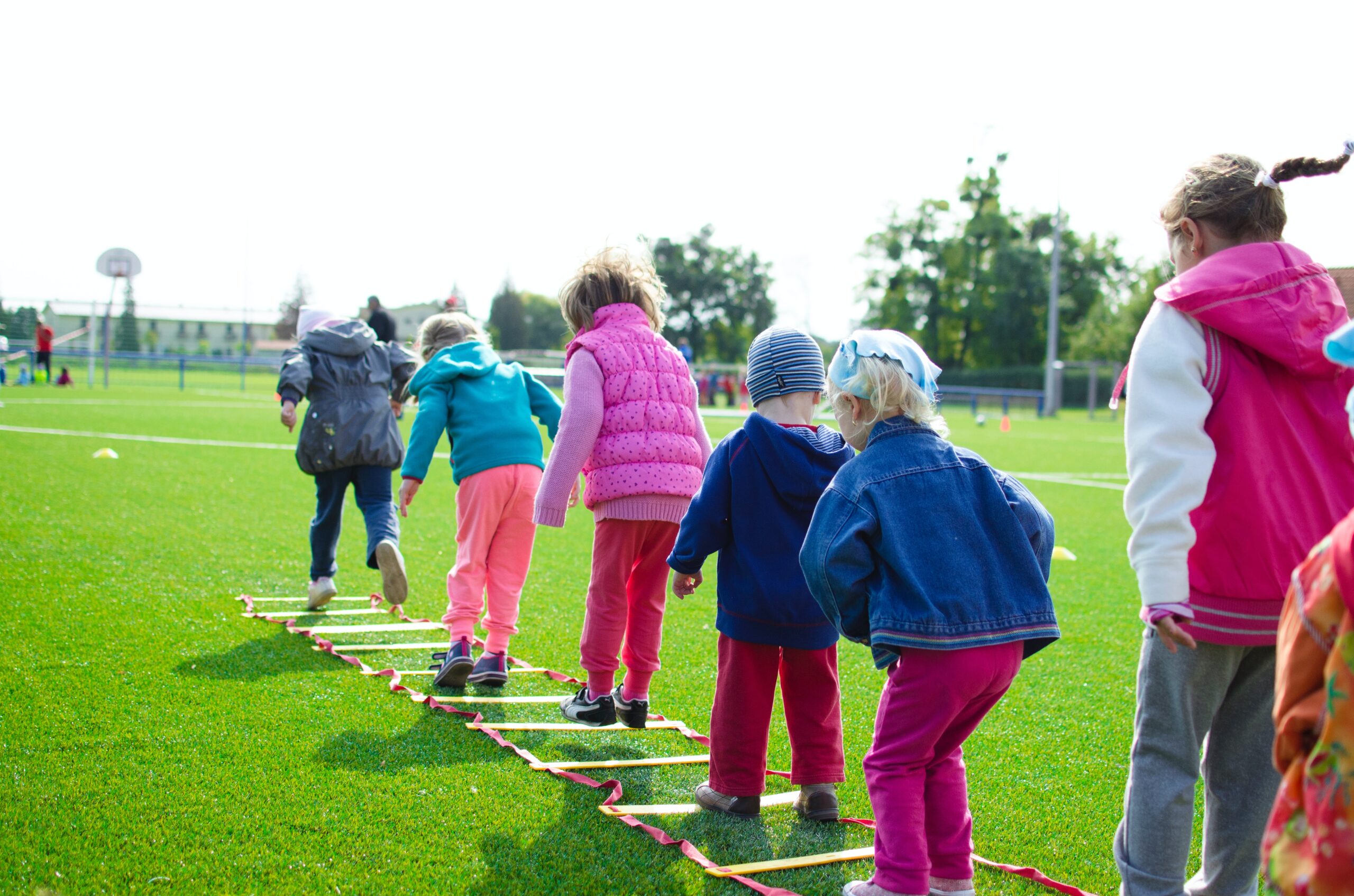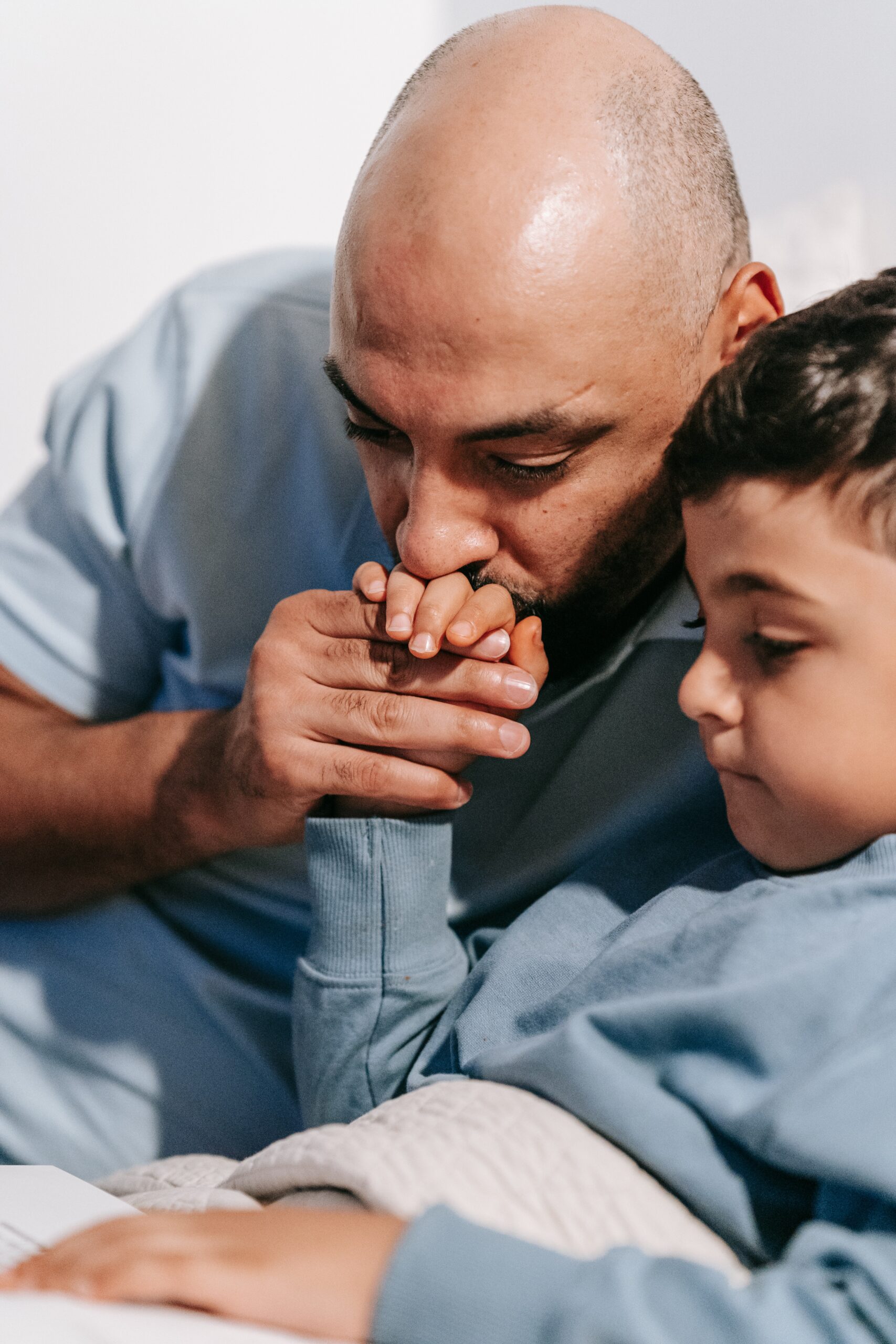
Most of the books on child-rearing tell us that one of our important goals as parents is to help our children separate from us, to help them become independent individuals who will one day be able to function on their own wothout us. We’re urged not to think of our children as little carbon copies of us or extensions of ourselves, but as unique human beings with different temperaments, different tastes, different feelings, different desires, different dreams.
Yet how are we able to help them become separate, independent persons? By allowing them to do things for themselves, by permitting them to wrestle with their own problems, by letting them learn from their own mistake.
Maybe we still remember our first child struggling to tie his shoelaces and we watching patiently for about ten seconds and then bending down to do it for him.
You maybe thinking, “What’s so terrible about helping children tie their shoelaces, or telling them how to resolve an argument with a friend, or seeing to it that they don’t make mistakes? After all, children are younger and less experienced. They really are dependent on the adults around them.”
Here’s the problem. When one person is continuallt dependent upon another, certain feelings arise. In order to get clear on what those feelings might be, please read the following statements and write down your reactions:
You are four years old. In the course of the day you hear your parents tell you:
“Eat your string beans. Vegetables are good for you.”
“Here, let me zip that zipper for you.”
“You’re tired. Lie down and rest.”
“I don’t want you playing with that boy. He uses bad language.”
“Are you sure you don’t have to go to the bathroom?”
You reaction?

It’s probably safe to say that you wouldn’t want your children feeling toward you most of the feelings you’ve just written down. And yet when people are placed in dependent positions, along with a small amount of gratitude, they usually do experience massive feelings of helplessness, worthlessness, resentment, frustration and anger. This unhappy tryth can present a dilemma for us as parents.
On the one hand, our children are clearly dependent upon us. Because of their youth and inexperience, there’s so much we have to do for them, show them. On the other hand the very fact of their dependency can lead to hostility.
Are there ways to minimize our children’s feelings of the dependency? Are there ways to help them become responsible human beings who can funtion on their own? Fortunately the opportunities to encourage our children’s autonomy present themselves everyday.
Here are some specific skills that can help children to rely on themselves rather than upon us.
To Encourage Autonomy
1. Let children makes choices.
“Are you in the mood for your grey pants or your red pants?”
“Would you like half a glass of juice or a whole?”
“We’re leaving in five minutes. Do you want to go on the slide one more time or on the swing?”
“What would work best for you? Doing your practice before dinner or after?”
2. Show respect for a child’s struggle.
“Tying shoelaces takes a lot of fancy finger work.”
“Adding fractions can be hard. It’s not easy to find the common denominator.”
“A jar can be hard to open. Sometimes it helps if you tap the lid with a spoon.”
3. Don’t ask too many questions.
“Good morning!”
“Hi! I’m glad to see you.”
4. Don’t rush to answer questions.
Children: Daddy,where does rain come from?
Daddy : That’s an interesting question. What do you think?
5. Encourage children to use sources outside the home.
Children: All my friends are allowed to have gum. Can you buy me gum?
Mom : Let’s check with the dentist and see what he thinks about chewing gum.
6. Don’t take away hope.
Children: Mom, I’m trying out for the lead in the school play. Do you think I’ll get the part?
Mom : So you’re going to try out for the lead. That should be an experience.
Whenever we listen to children’s feelings, or share own own feelings with them, or invite them to problem-solve with us, we encourage their self-reliance.
One of the most best audiobooks or interactive book to help parents who want to help them become separate and independent person is My First Book by MommyHana: https://www.mommyhana.com/index.php/product/my-first-book/
___
Quoted form a book How to Talk So Kids Will Listen & Listen So Kids Will Talk, Elaine Mazlish






